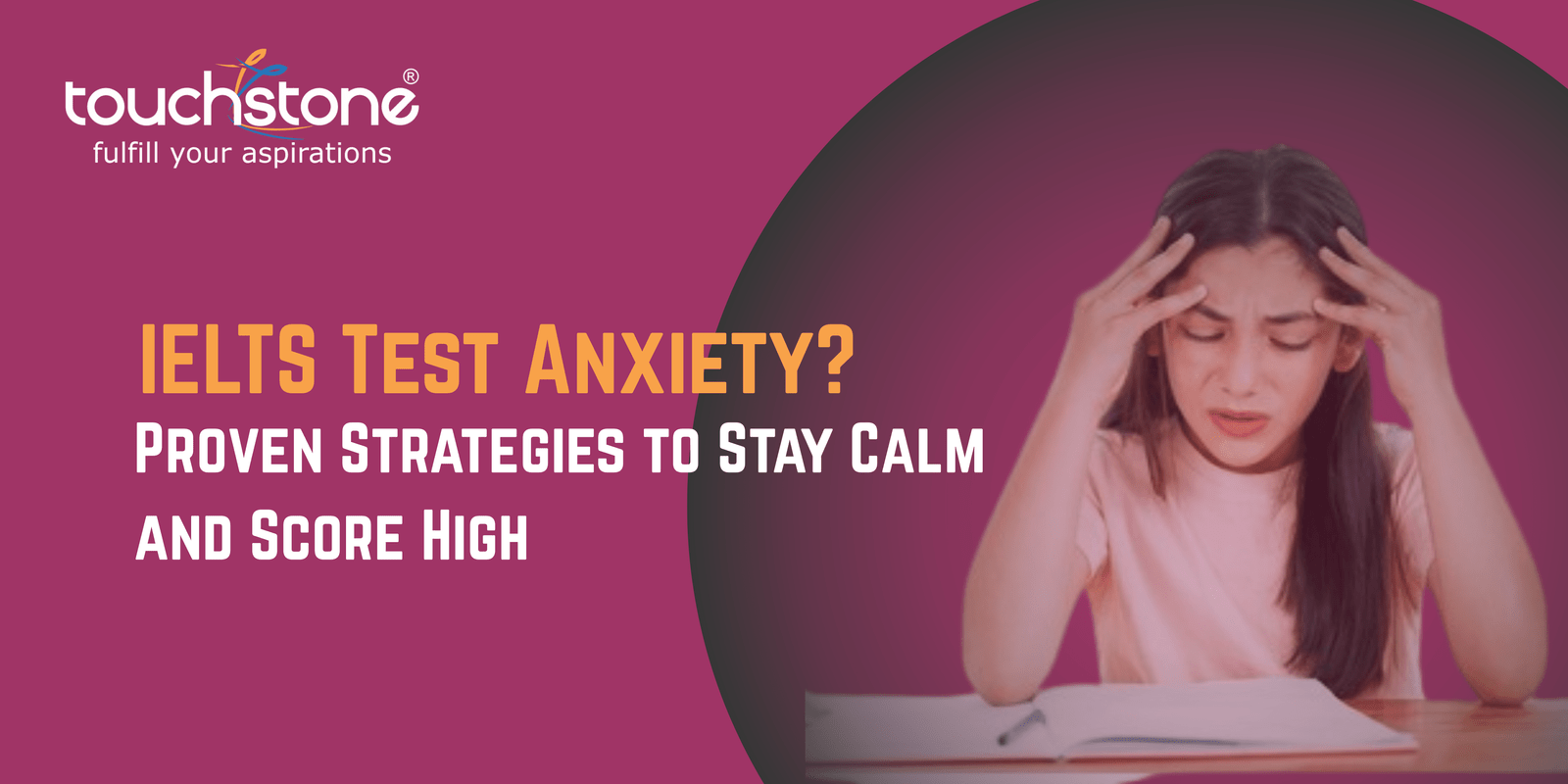Are you gearing up to take the PTE (Pearson Test of English) exam and feeling overwhelmed by the challenges ahead? You’re not alone. Many test takers, especially those enrolled in PTE coaching in Chandigarh or looking for the best IELTS institute in Chandigarh, find themselves facing similar hurdles. But fear not! With the right preparation strategies and insights, you can overcome these obstacles and achieve your desired score.
In this blog post, we’ll explore common challenges faced by PTE test takers and provide actionable advice on how to tackle them head-on. Whether you’re just beginning your PTE preparation or looking to fine-tune your skills, these tips will help guide you on your path to success. Additionally, we’ll highlight how Touchstone Educationals, a premier institute for PTE and IELTS preparation, can support you in your exam readiness.
Challenge 1: Understanding the Format
The PTE exam is known for its unique format, which can be daunting for first-time test takers. It assesses speaking, writing, reading, and listening skills through a variety of question types, each with its own set of rules and requirements.
Solution: Familiarize yourself with the exam format early in your preparation. Resources provided by PTE coaching centers, such as Touchstone Educationals in Chandigarh, offer comprehensive overviews and practice materials that mimic the actual test environment. By understanding what to expect, you can approach the exam with confidence.
Challenge 2: Time Management
Many test takers struggle with managing their time effectively during the exam, especially in sections like reading and listening, where the ability to skim and scan for information quickly is crucial.
Solution: Practice time management strategies during your preparation. Use timed practice tests to get a feel for the pacing of each section and develop a strategy that allows you to allocate your time wisely. Coaching centers like Touchstone Educationals provide mock tests and time management tips to help you improve your efficiency.
Challenge 3: Speaking Section Hurdles
The speaking section of the PTE exam can be particularly challenging, as it not only tests your language proficiency but also your ability to think on your feet and speak clearly under pressure.
Solution: Practice speaking English daily, focusing on fluency, pronunciation, and intonation. Record your performance to pinpoint areas that need enhancement. Engaging in conversation clubs or speaking exercises offered by institutes like Touchstone Educationals can also significantly enhance your spoken English skills.
Challenge 4: Writing Coherently and Concisely
In the writing section, test takers often struggle with organizing their thoughts coherently and meeting the word count requirements without sacrificing quality.
Solution: Develop a clear essay structure (introduction, body paragraphs, conclusion) and stick to it. Practice writing essays on various topics to improve your ability to express ideas clearly and concisely. Feedback from experienced instructors at institutions like Touchstone Educationals can be invaluable in honing your writing skills.
Challenge 5: Dealing with Listening Distractions
The listening section requires you to concentrate on audio clips that may contain distractors. Losing focus, even for a moment, can lead to missing crucial information.
Solution: Improve your concentration skills through regular listening practice. Use a variety of audio materials, such as podcasts, lectures, and news reports, to become accustomed to different accents and speeds. Techniques taught in PTE preparation courses can also help you become more adept at filtering out distractions.
Challenge 6: Limited Vocabulary
Solution: A rich vocabulary is essential for all sections of the PTE exam. To expand your vocabulary, read extensively and make a habit of learning new words daily. Touchstone Educationals encourages using flashcards, vocabulary apps, and word games to reinforce your learning. Additionally, incorporating new words into your speaking and writing practice can help solidify your understanding and usage.
Conclusion
As you can see, with the right preparation and resources, you can overcome common challenges in the PTE exam. Touchstone Educationals offers comprehensive coaching for PTE (Pearson Test of English) and IELTS (International English Language Testing System) exams, including mock tests, personalized feedback, and strategies to help you ace the test. So don’t let these hurdles discourage you – instead, use them as motivation to work harder towards.








